Code of Conduct
- This code of conduct applies to all event exhibitors, guests, staff, volunteers and organising committee at PCAF events, hereafter referred to as ‘participants’.
- This code of conduct applies to all interactions, whether it be online, via social media or in person events hosted by PCAF.
- This code of conduct applies to all interactions, whether it be online, via social media or in person events hosted by PCAF.
- PCAF participants will demonstrate inclusiveness and respect in all interactions with one another. This includes:
- Maintaining respectful interactions with others, and referring to the appropriate mediations in the case of conflict.
- Adhering to PCAF’s values, as outlined in the PCAF Operating Manual.
- Respecting any person’s cultural identity, orientation, pronouns and gender.
- Not allowing or engaging in harassment of any persons.
- Harassment encompasses many things. Examples include offensive behaviour or comments that involve gender, appearance, sexual orientation, race, disability, or other forms of identity. It also covers intimidation, aggressive behaviour, stalking, inappropriate physical contact, doxing and unwelcome attention (sexual or otherwise).
- Anyone can report harassment. If someone’s behaviour has made you uncomfortable, or if you witness the same happening to someone else, you should contact the organising committee. The best way to do this is via the email info@pcaf.org.au or to a specific committee member via the listed contact details on the website www.pcaf.org.au
- PCAF celebrates all comic makers and participants are expected to engage with other’s work with respect. This includes:
- Treating others and their work with respect, regardless of skill or industry level.
- Practising ethical art creation – for example, not violating others’ copyright, using AI to generate art based on other’s work, etc.
- Egregious, intentional or repeated violations of this Code of Conduct may lead to a warning, removal, temporary or permanent banning from PCAF events. Due process as outlined in our operating manual will be followed in assessing the behaviour by the PCAF Committee.

